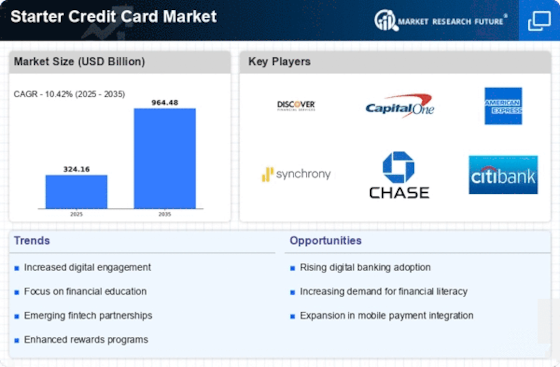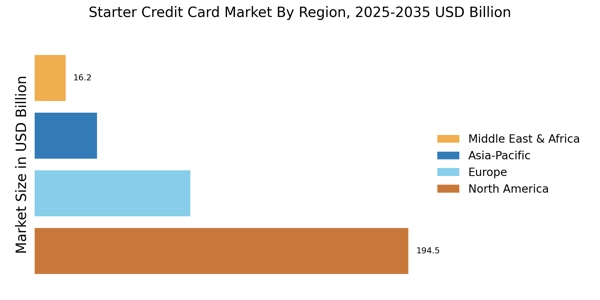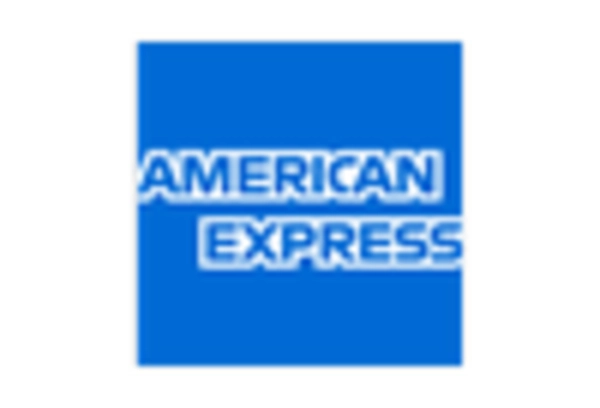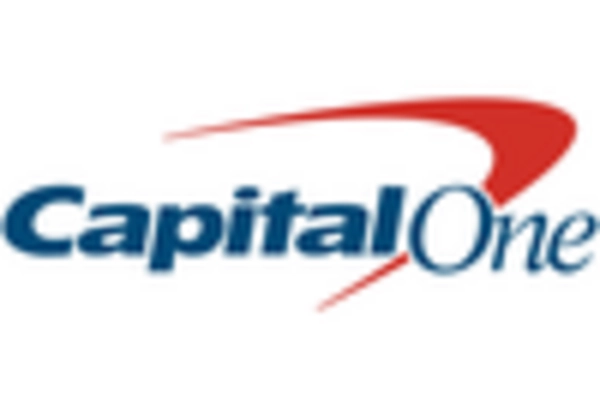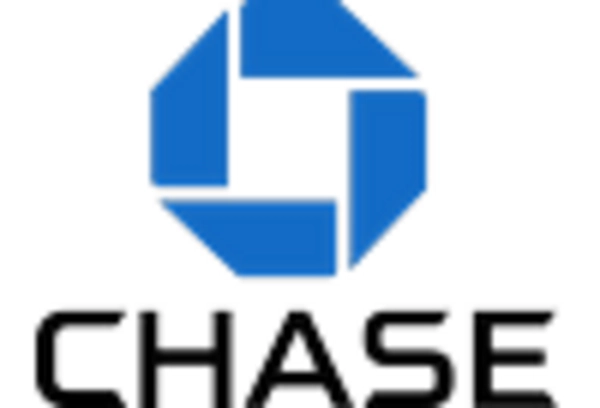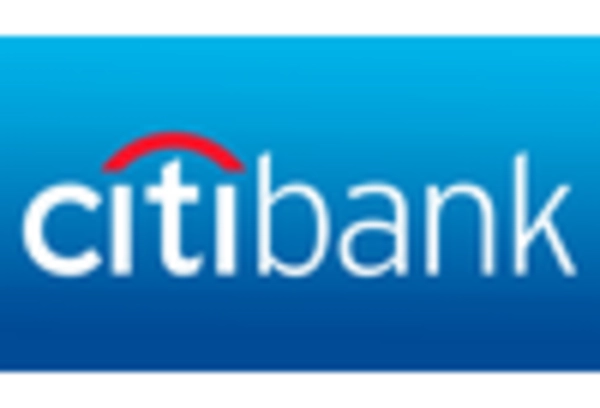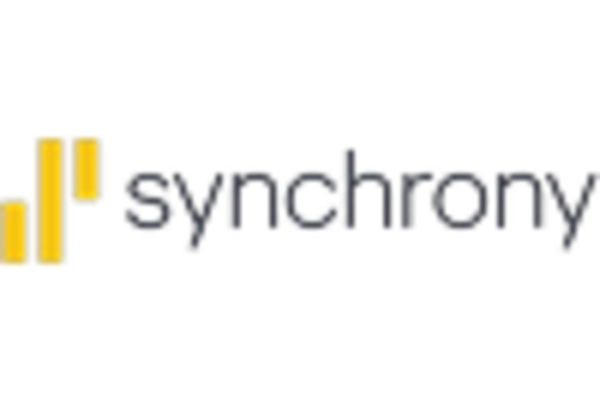Rising Demand for Credit Access
The Starter Credit Card Market experiences a notable increase in demand for credit access among younger consumers and those with limited credit histories. As financial institutions recognize the potential of this demographic, they are introducing starter credit cards tailored to meet their needs. According to recent data, approximately 45% of millennials and Gen Z individuals express a desire to build credit, indicating a significant market opportunity. This trend suggests that financial institutions are likely to expand their offerings in the Starter Credit Card Market, providing more options for consumers seeking to establish their credit profiles.
Emphasis on Financial Literacy Programs
The Starter Credit Card Market is witnessing a growing emphasis on financial literacy programs aimed at educating consumers about credit management. Financial institutions and non-profit organizations are increasingly collaborating to provide resources that help individuals understand the implications of credit usage. This initiative appears to be effective, as studies indicate that consumers who participate in financial education programs are more likely to use credit responsibly. Consequently, this trend may lead to a more informed customer base, ultimately benefiting the Starter Credit Card Market by reducing default rates and fostering long-term customer loyalty.
Regulatory Changes Favoring Consumer Protection
Regulatory changes are playing a pivotal role in shaping the Starter Credit Card Market, particularly in terms of consumer protection. Recent legislation has introduced stricter guidelines for credit card issuers, ensuring that consumers are provided with clear information regarding fees and interest rates. This shift appears to enhance transparency and build trust between consumers and financial institutions. As a result, consumers may feel more confident in applying for starter credit cards, potentially leading to an increase in market participation. The focus on consumer protection is likely to foster a healthier Starter Credit Card Market in the long term.
Increased Competition Among Financial Institutions
The Starter Credit Card Market is characterized by heightened competition among financial institutions striving to capture the attention of new customers. As more players enter the market, they are compelled to innovate and differentiate their offerings. This competitive landscape has led to the introduction of various incentives, such as cashback rewards and lower interest rates, aimed at attracting first-time credit card users. Data indicates that the number of starter credit card options has increased by over 30% in the past year, suggesting that consumers now have a wider array of choices in the Starter Credit Card Market.
Technological Advancements in Credit Card Applications
Technological advancements are reshaping the Starter Credit Card Market, particularly in the application and approval processes. The integration of artificial intelligence and machine learning allows for quicker assessments of creditworthiness, enabling financial institutions to approve applications more efficiently. Recent statistics suggest that the use of technology in credit card processing has reduced approval times by up to 50%. This rapid processing not only enhances customer satisfaction but also encourages more individuals to apply for starter credit cards, thereby expanding the market reach of financial institutions within the Starter Credit Card Market.


